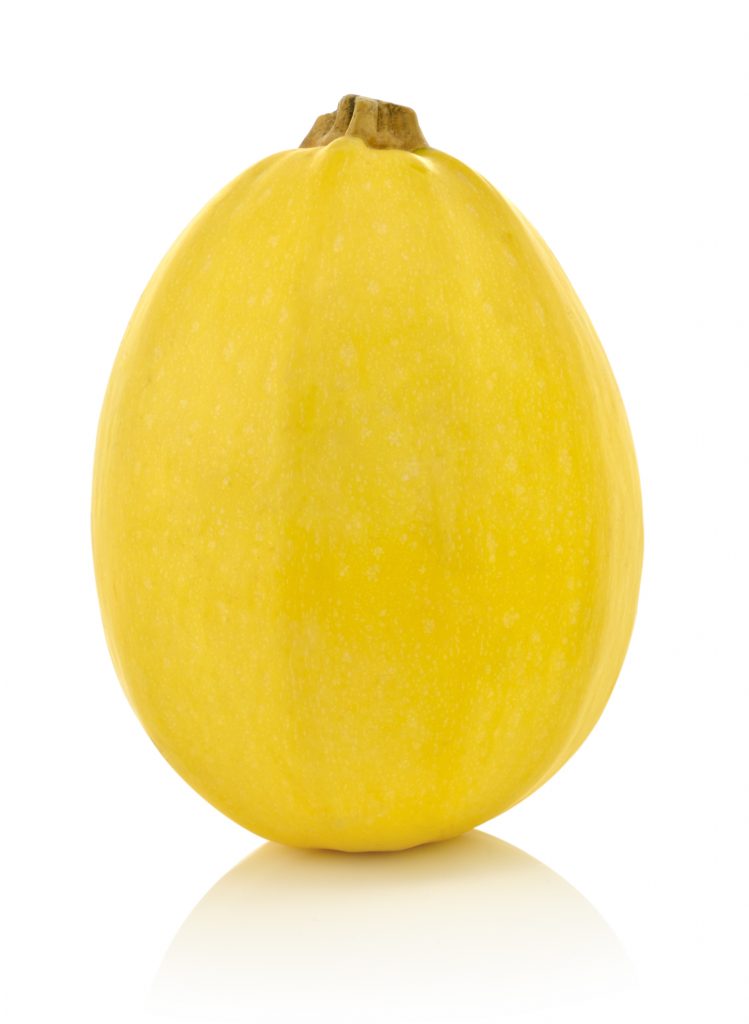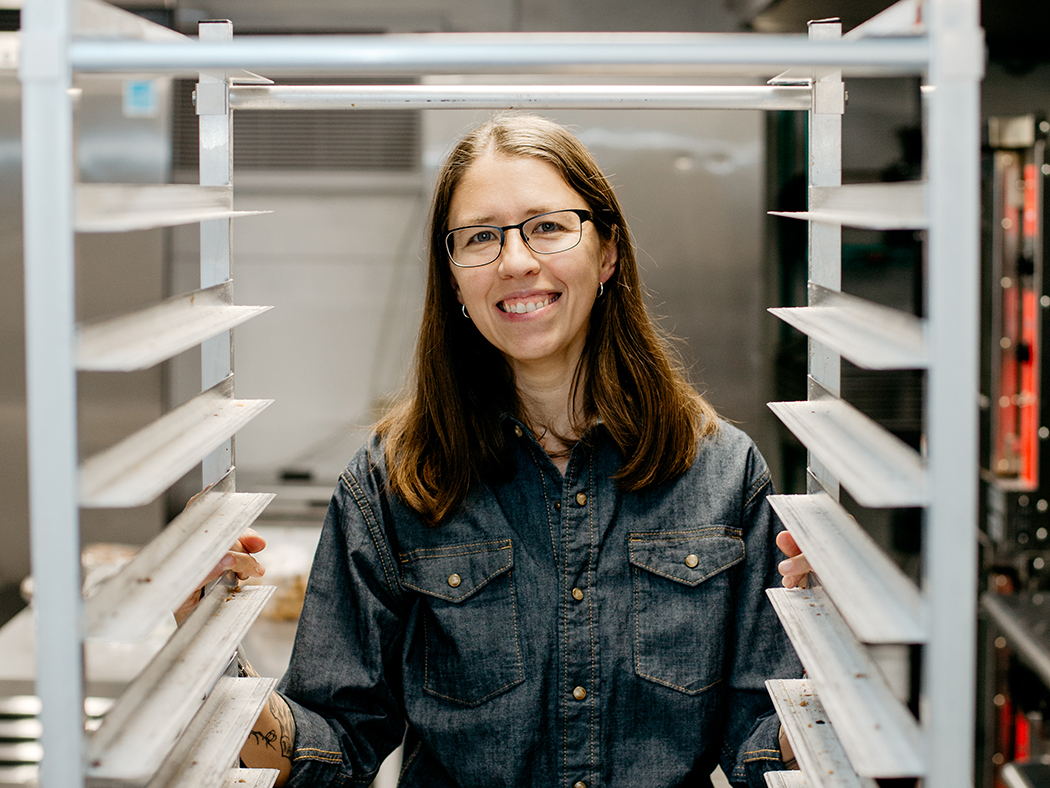By Chris Martin
With serious supply shortages and shipping delays slowing everything down, holiday cooking staples from bacon to flour to peppercorns and more have suddenly become hard to come by. But fear not—the humble squash is here to save the day. More than just funky fall porch decor, the squash is an often-overlooked veggie with many varieties that can be found locally in abundance in both summer and winter.
Scottsville’s Whisper Hill Farm cultivates a wide variety of vegetables, and is a great place to find different types of squash. Co-owner Holly Hammond grew up on an 80-acre “u-pick’’ vegetable farm in Arizona, before working at Waterpenny Farm in Sperryville. She started Whisper Hill in 2010, using USDA organic methods with a focus on sustainable practices.
“We grow so much squash in volume, we seek production that complements our crop rotation,” says Hammond. “We grow butternut, delicata, gray kabocha, orange kabocha, and spaghetti squash.”
Farmers start their squash seeds at the end of May and transplant them in June. “The insects are the worst,” says Hammond. Squash bugs and cucumber beetles are quick to fly down and multiply, and Hammond suggests would-be squash-growers use row cover, a breathable cloth that creates a greenhouse-like environment, even if it’s not pretty.
Whisper Hill covers its squash for about three weeks, and it’s a key to the plants’ ability to thrive. “Keeping the cover on really helps the plants get big, strong, and able to withstand bugs,” says Hammond. “Uncover the squash when it starts blooming because it needs to be pollinated to produce.”
The oldest documentation of squash stems can be traced back 10,000 years to Mexico. The word is attributed to the Narragansett Indian tribe, who tell a story about a crow bringing a gift of seeds in its beak. Indigenous Americans taught English settlers about the curing of squash, a longstanding practice that is optional and varies by farm.
“There’s certain squash that don’t need to be cured,” says Hammond, noting that delicata and acorn squash are good examples “because they’re not storage squash.”
Curing refers to storing hardy winter vegetables in ideal conditions, resulting in small amounts of dehydration, flavor concentration, and the formation of thicker skin.
“We’ll cure our sweet potatoes at 80 degrees and 30 percent humidity,” says Hammond, adding that she prefers them a little less cured. “When you cure them they essentially get sweeter as they age,” she says. “I notice that butternut gets considerably sweeter…for baked goods it’s delicious.” If you’re going the savory route, look for uncured squash, which has a crisper flavor that will complement saltier foods.
With the winter crops, Hammond says the easy part is the harvest. “Unlike summer squash, which you harvest daily, winter squash you harvest all at once.” Whisper Hill Farm spends about a week harvesting over 10,000 pounds of winter squash, a hefty workload that includes cleaning the vegetables off with rags, hauling them from the garden over multiple trips, and putting them into squash or watermelon bins. From there, the veggie is sent to farmers’ markets, restaurants, and grocery stores.
Harvest gems
A squash by any other name…
Acorn squash
Typically green on the outside, there’s also a white variety that can be found in the area. Quarter it and slice it with the skin on into half-inch-thick pieces, start it in a sautée pan with a high-heat-tolerant oil, and flavor with fresh herbs like thyme or rosemary.

Spaghetti squash
Large pale yellow squash with yellow flesh that is known for being a substitute for pasta. Cut it in half, remove the seeds, and roast it cut-side down until you can drag a fork through the squash to shred it. This squash is mild with a slight sweetness that can be accented with salt.
Delicata squash
Typically yellow with green stripes in its indents, it has a chewy peel, which can be eaten or removed. With hints of corn and molasses, it’s a great substitute for pumpkin in savories and roasts well.
Kabocha squash
This lovely squash has orange or grayish-blue edible skin, and is tasty in both savory and sweet applications. Use it as a substitute for pumpkin purée in baking.
Butternut squash
Notable for its pale skin and orange flesh, this squash also comes in a smaller version called honeynut squash. It makes an excellent roasted veggie, and is a go-to for soup that can be topped with fried sage leaves, toasted nuts or seeds, or a swirl of creme fraiche.





